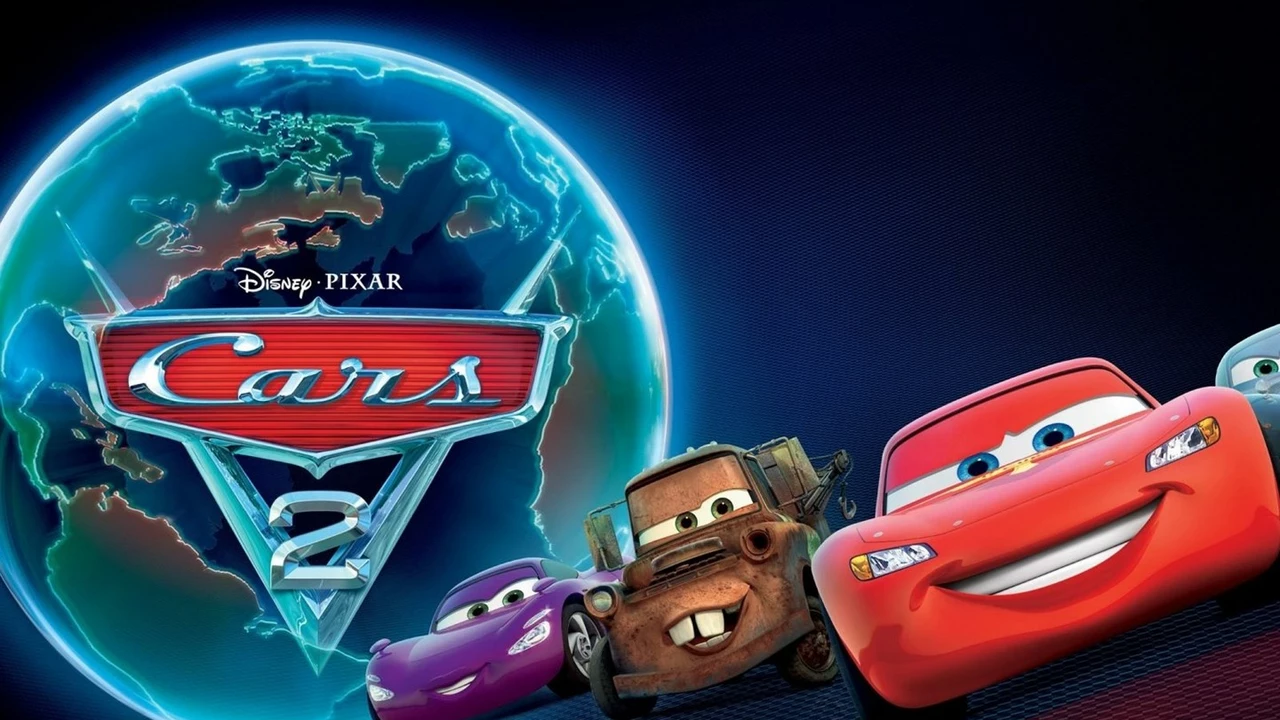Criticism in the Sports Car World – Why Opinions Matter
Ever wondered why some car articles sound harsher than a revving V8? That’s criticism at work. In the fast‑paced world of sports cars, honest feedback drives improvement, sparks conversation, and helps you choose the right ride.
What Counts as Constructive Criticism?
Not every gripe is useful. Constructive criticism points out specific strengths and flaws, backs them up with facts, and offers ideas for a better experience. Think of it like a test drive where the driver tells you exactly how the steering feels, not just that it’s “good” or “bad.” When a reviewer notes that a new model’s infotainment system lags under heavy use, they’re giving you a clear picture you can act on.
How Criticism Shapes the Industry
Manufacturers listen. A handful of thoughtful comments about a car’s brake feel can lead to software tweaks before the next production run. Fans who dissect a car’s aerodynamics on forums often surface insights that engineers missed in the lab. This back‑and‑forth creates a cycle where cars get better, faster.
On the community side, criticism fuels debate. When a popular sports car drops its price, some fans celebrate while others question if the brand is cutting corners. Those discussions help you see multiple angles before you spend big money.
Even when criticism feels harsh, it can be a reality check. A review that calls a new supercar’s handling “nervous” warns drivers that the car may need more practice. That’s better than buying a dream machine and discovering it’s a handful on the track.
So, how can you make the most of criticism?
- Read a mix of sources. Blend expert reviews, owner forums, and YouTube hands‑on videos. Different viewpoints catch different issues.
- Look for specifics. Statements like “the rear brakes fade after 30 seconds” are more actionable than “the brakes feel weak.”
- Check the date. A car’s software updates can fix early problems, so newer reviews might show a different picture.
- Ask questions. If a comment mentions “poor visibility,” ask what the reviewer’s height is. That context matters.
At Willow Sports Cars, we treat criticism as a tool, not a threat. Our articles aim to give you the raw details you need—whether that’s a clutch that slips under launch control or a turbo that takes an extra second to spool. We want you to feel confident, not confused.
Remember, the next time you read a scathing headline about a new sports car, dig deeper. The real story is in the details, and those details are what help you make smarter choices. Embrace the criticism, question the sources, and enjoy the ride knowing you’ve got the full picture.
Got a car you love or loathe? Share your thoughts in the comments below. Your feedback could be the spark that guides the next model’s design.
Why is Cars 2 considered as the worst Pixar movie?
From my perspective, Cars 2 is often branded as the worst Pixar movie due to its departure from the heartfelt storytelling and intricate character development that Pixar is renowned for. Instead of focusing on the beloved Lightning McQueen, it shifts attention to the less appealing Mater, whose humor doesn't quite hit the mark. The plot, revolving around a convoluted spy thriller, is seen as too complex for the younger audience and off-brand for Pixar. Moreover, it lacks the emotional depth and the timeless messages of friendship, love and personal growth present in other Pixar masterpieces. Simply put, many fans think Cars 2 failed to capture the Pixar magic that makes their movies universally appealing and enduring.
